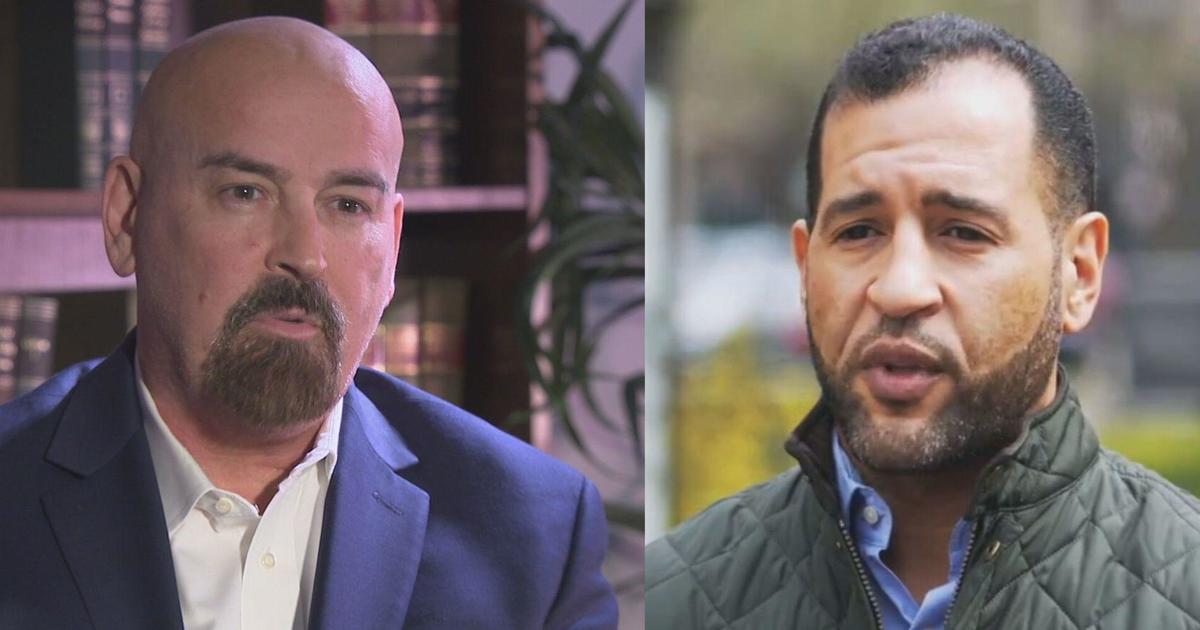New 3D Mammogram Technology Used At MGH
BOSTON (CBS) - A medical first occurred in Boston on Monday involving 3-D technology to detect breast cancer.
Chief Correspondent Joe Shortsleeve was at Mass. General Hospital, where this new approach is promising better detection.
It's called tomosynthesis.
They are precise 3-D images that some in the medical community say will save lives.
How? By finding more cancers earlier.
WBZ-TV's Joe Shortsleeve reports.
The numbers are frightening: one in 8 women will be diagnosed with breast cancer in her lifetime.
But now, doctors at Mass. General say they have a much better chance of finding cancer early because of an x-ray mammography device that uses 3 –D images.
Doctor Elizabeth Rafferty demonstrated the technology today.
"It really enables to me to look around things, behind things and not just trying to see through things to see that cancer that is hiding there."
The 2-D traditional image on the computer screen in her office is cloudy and open to interpretation. The 3-D image right next to it is crystal clear and full of detail.
"So on this image I would call this image normal....no hint of the cancer here…but here I can see it."
Boston business executive Laura Lang is a breast cancer survivor. She was the first woman in the country Monday to have this type of mammogram.
In 2006, she needed a number of tests to find her cancer.
"With the regular mammogram they were unable to exactly diagnose. So, I had to have a second test. And this new device gives you the ability to really see what is happening."
While the F.D.A. says this type of technology doubles the dose of radiation for a patient, doctors say it reduces the need for additional tests and at the same increases the changes they will determine a correct diagnosis.
Doctor Rafferty points to a screen and says "just from the image itself, this picture alone makes me 99 percent sure that this a cancer."
Mass. General has four of these machines and will begin using them all on Tuesday.
Laura Lang also points out it "will also help reduce the number of false alarms because a lot of women get called back and think there is problem when they really isn't."
Now, this device was developed by Hologic in Bedford Massachusetts. It took about six years and was finally approved by the F.D.A. just two weeks ago.
Right now Mass. General is the only hospital in Boston using it and there is no additional cost to the patient.



